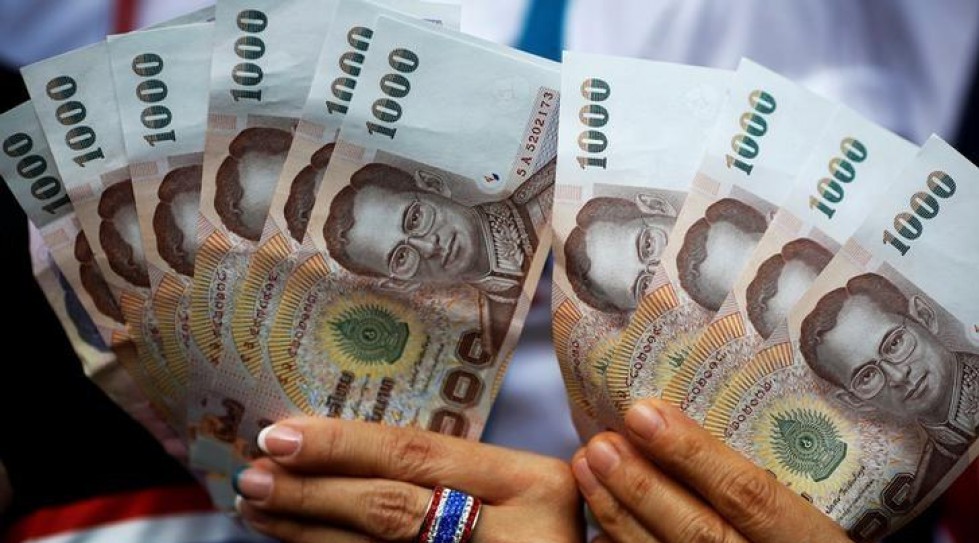When China opened its doors to foreign investment in the early 1990s, companies around the world could not contain their excitement at the possibility of entering the world’s largest market. With a population north of 1 billion people, China seemed to present endless opportunities in almost every sector imaginable.
Boardrooms across the globe became fixated on entering the market. Companies hastily started looking for office space and set out to find local partners so that they could somehow start doing business in the Middle Kingdom. In all this haste and excitement, however, many companies failed to consider carefully whether their businesses really were suitable candidates for market entry.

That same sort of hysteria is happening again, this time in Myanmar, a country opening after years of military dictatorship and isolation.
Myanmar is considered one of the world’s last economic frontiers and companies are clamoring to get their products and services into its market, encouraged by economists and analysts touting the country’s potential. Once again, however, many companies are failing to ask themselves some very basic questions about their own businesses before deciding to enter the Myanmar market.
Great Expectations and Sunk Costs
Just because your competitors open up offices in new markets does not mean you have to as well. During China’s opening many companies followed the market instead of making decisions that were best for their company. Many others were obsessed with becoming the first mover into the Chinese market. Establishing a first-mover advantage can be a huge benefit to a company during market entry, but only if it is done well. If the wrong relationships are established it can completely eliminate any advantage and possibly impact your sustainability in the market.
Read the Complete story here :







